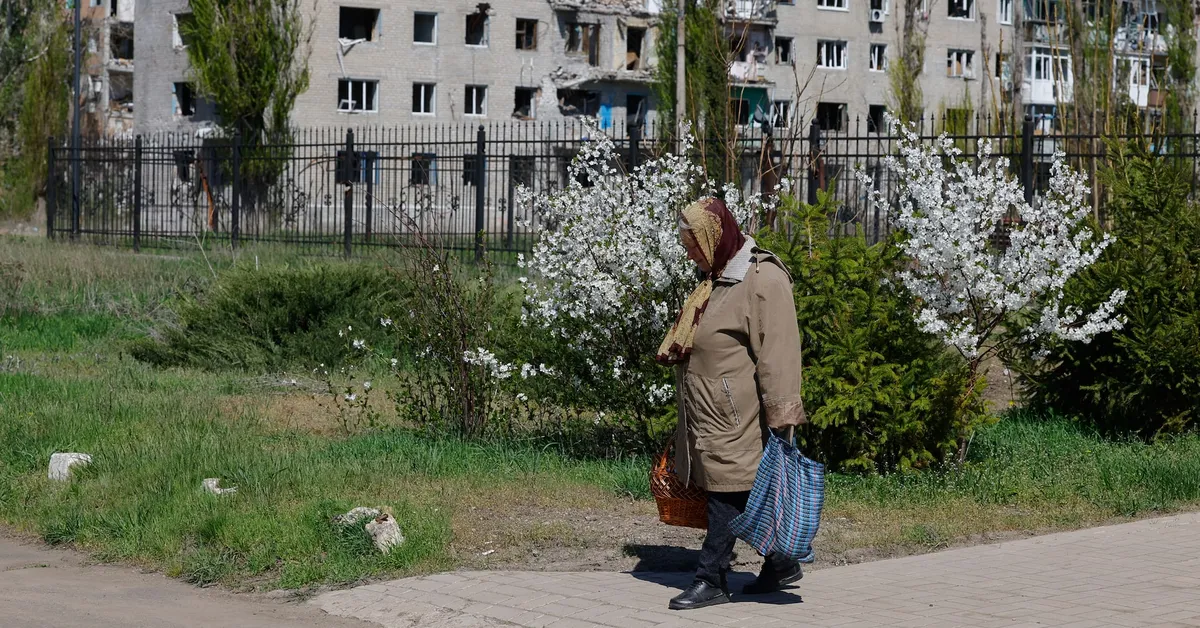
On April 20, the U.S. State Department expressed its support for the potential extension of a one-day Easter ceasefire declared by Russian President Vladimir Putin. This announcement came despite the Kremlin stating that there would be no order for an extension beyond the initial ceasefire period. Both Russia and Ukraine have accused one another of violating the terms of the ceasefire, complicating the already tense situation.
President Putin's ceasefire was set to last until midnight Moscow time (2100 GMT) on Sunday. In response, a State Department spokesperson issued a statement, highlighting the U.S. commitment to achieving a full and comprehensive ceasefire. They noted, "We have seen President Putin's announcement of a temporary ceasefire due to Easter. As we assess their seriousness in this instance, we would welcome it extending beyond Sunday."
The ongoing conflict, which has spanned three years since Russia's full-scale invasion of Ukraine, poses significant risks for escalation, as emphasized by U.S. President Donald Trump. Trump has continually voiced his desire to see an end to the fighting. However, U.S. Secretary of State Marco Rubio stated on Friday that the U.S. would reassess its involvement in peace negotiations unless clear progress is demonstrated soon.
Following a memorandum of understanding reached between the U.S. and Ukraine on Thursday, President Trump indicated that he expected to finalize a minerals deal with Kyiv within a week. This development is particularly noteworthy given the previous breakdown of talks in February, which occurred after a contentious meeting between Ukrainian President Volodymyr Zelenskiy and Trump in the Oval Office.
President Zelenskiy has accused Russia of feigning compliance with the ceasefire while simultaneously continuing to launch hundreds of artillery attacks on Ukrainian positions. In contrast, Russia's Defence Ministry has claimed that Ukraine violated the ceasefire, resulting in damage to infrastructure and civilian areas.
Amidst these tensions, President Putin has reiterated his demands for Ukraine, which include renouncing its aspirations for NATO membership, permanently giving up control of the four territories lost to Russia, and limiting the size of its military. Ukraine views these conditions as an unacceptable demand for capitulation, further complicating the prospects for peace.
As the situation continues to develop, all eyes remain on the potential for an extended ceasefire and the broader implications for peace negotiations in the region.